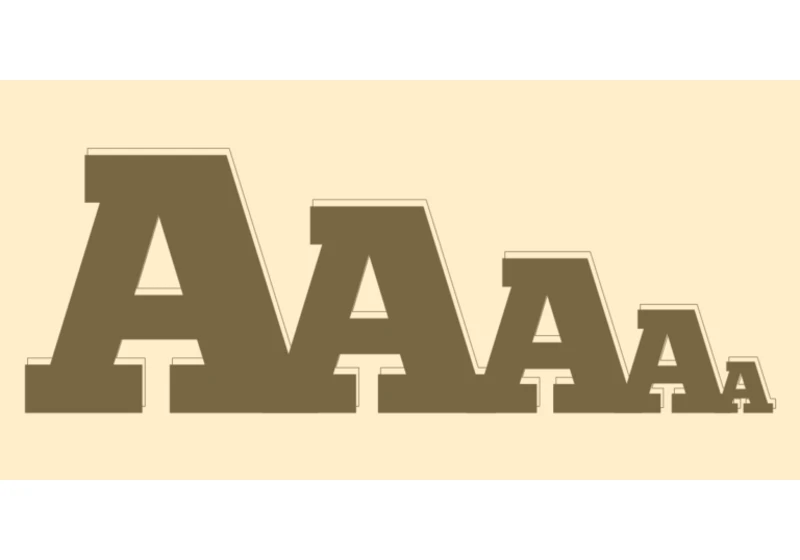
Fluid typography is a fancy way of “describing font properties, such as size or line height, that scale fluidly according to the size of the viewport”. It’s also known by other names, like responsive typography, flexible type, fluid type, …

Spammers are a huge deal nowadays. If you want to share your contact information without getting overwhelmed by spam email you need a solution. I run into this problem a few months ago. While I was researching how to solve …
How to Safely Share Your Email Address on a Website originally published on CSS-Tricks,

In my previous post we looked at Shoelace, which is a component library with a full suite of UX components that are beautiful, accessible, and — perhaps unexpectedly — built with Web Components. This means they can be used …

The State of CSS survey recently opened up. Last year, the survey confirmed everyone’s assumptions that TailwindCSS is super popular and CSS variables are mainstream. It also codified what many of us want from CSS, from Container Queries to …

This is a post about Shoelace, a component library by Cory LaViska, but with a twist. It defines all your standard UX components: tabs, modals, accordions, auto-completes, and much, much more. They look beautiful out of the …

Let’s acknowledge that developing for WordPress is weird right now. Whether you’re new to WordPress or have worked with it for eons, the introduction of “Full-Site Editing” (FSE) features, including the Block Editor (WordPress 5.0) and the Site Editor (WordPress …

So you want an auto-playing looping video without sound? In popular vernacular this is the very meaning of the word GIF. The word has stuck around but the image format itself is ancient and obsolete. Twitter, for example, has …
GIFs Without the .gif: The Most Performant Image and Video Options Right Now originally published on

Did you know that DOM elements with IDs are accessible in JavaScript as global variables? It’s one of those things that’s been around, like, forever but I’m really digging into it for the first time.
If this is the first …
Named Element IDs Can Be Referenced as JavaScript Globals originally published on

The wave is probably one of the most difficult shapes to make in CSS. We always try to approximate it with properties like border-radius and lots of magic numbers until we get something that feels kinda close. And that’s before …
How to Create Wavy Shapes & Patterns in CSS originally published on CSS-Tricks,

If we browse the WordPress theme directory, a majority of themes showcase cover images. It is a feature in popular demand. The cover page trend is true even in the block theme directory screenshots as well.
Let’s consider the …


